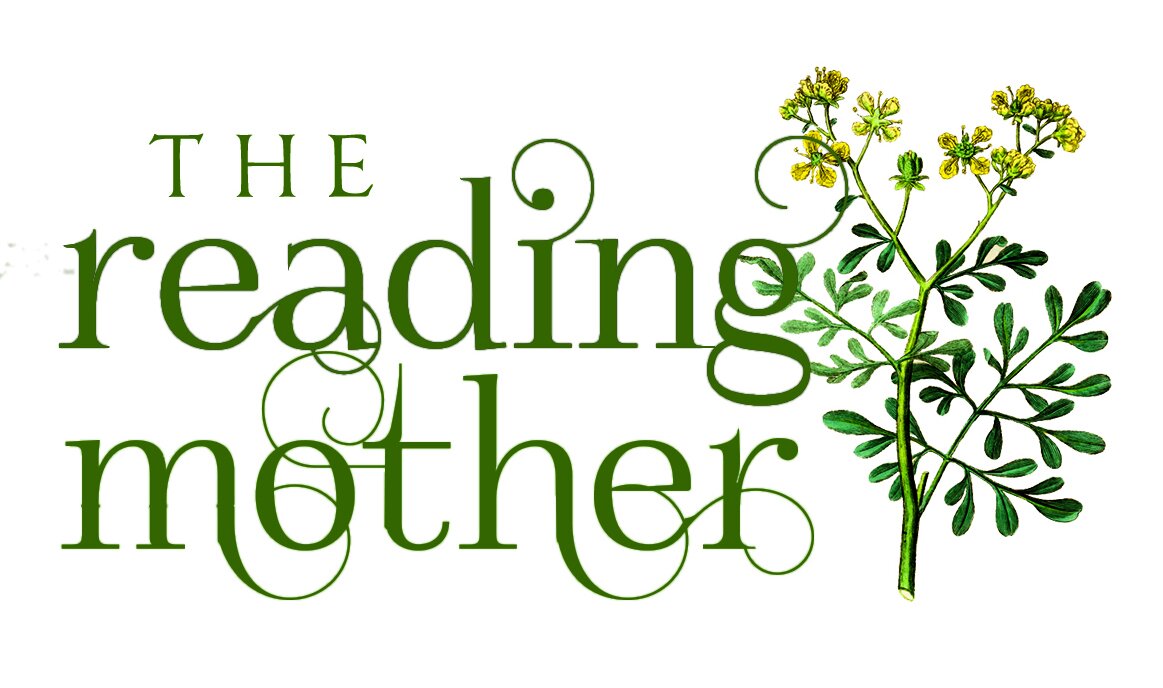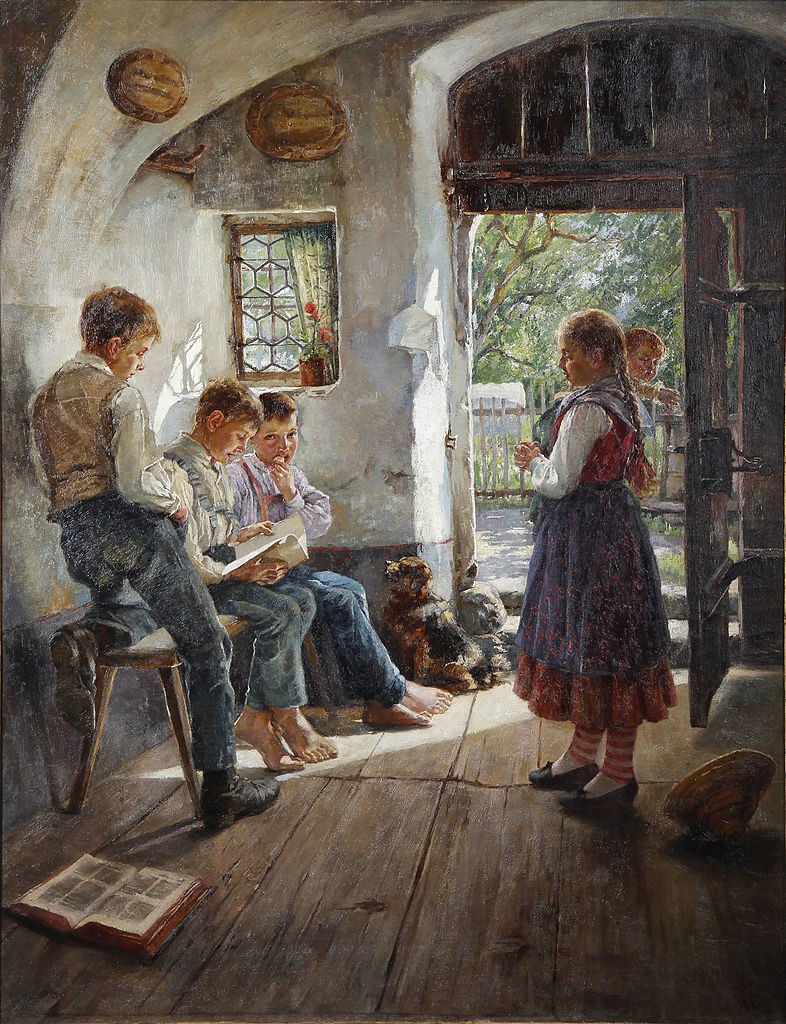Poetry Study with Students
The ancient author Horace wrote an instruction manual for poets and playwrights entitled Ars Poetica (The Art of Poetry). In it he said, “Poets wish either to profit (instruct) or to delight.” All worthy literature, including poetry, will point our souls to truth, goodness, and beauty, which ultimately both delights us and instructs us in wisdom. Authors and poets through the ages have echoed Horace’s words. Popular American poet Robert Frost said, “A poem begins in delight but ends in wisdom.” Percy Shelley offers one of the most beautiful and poetical expressions of this thought: "Poetry is a fountain forever overflowing with the waters of wisdom and delight." — Cottage Press Poetry Readers, Introduction
I am excited about the publication of our little series of Poetry Readers, based on Charlotte Mason's model of poetry study. You can find them at Cottage Press.
The Poetry Readers are meant to be a no-fuss way to integrate poetry into your students' week following the recommendation of Charlotte Mason to study the poems of one poet at a time, simply
reading his or her poems over a complete term, or even a complete year, . . . that he may have time to do what is in him towards cultivating the seeing eye, the hearing ear, the generous heart. — Charlotte Mason, Formation of Character
The practice is simple: read aloud one poem from the current poet at least three to four times each week. Each poet is studied for six to nine weeks. The Poetry Readers also include a brief introduction to the poet that you can read in short segments over the weeks of study. The final week for each poet, take some time to reflect and review by re-reading favorites and perhaps read a few of the additional poems in the Poetry Reader that were not included in the lesson plans. That's all there is to it!
Families at Providence Prep have incorporated this practice in various ways. Some read the weekly poems at mealtime, and some include it in their Morning Time. Older students usually have their own copy of the reader, so they can follow along, or so they can easily take turns reading the poem aloud. The poem of the week is also read aloud — often by a student volunteer — in our gathering as we begin our day together each Friday. The six year cycle of poets introduce students to the most important poets in the English tongue, such as Wordsworth, Tennyson, Herbert, Shelley, Blake, and Longfellow. The poetry we read here is not necessarily “children’s” poetry, but, in the words of Charlotte Mason, it sets an "ample feast of which everyone takes according to his needs, and leaves what he has no stomach for." This practice tunes our children's ears and orders their affections for what Coleridge called "the best words in the best order."
I should note that even though we make no attempt to tie the poets we are studying to our four-year history/literature rotation, it has been delightful to see how they often connections pop up.
In addition to the simple steps outlined above, students may also memorize and recite from our poetry selections. They may choose to include lines from the week's poem in their Copybooks or Commonplace Books. Older students sometimes will include the poem in their weekly connections journal entry for the Arts & Letters class. Younger students may choose to make a drawing related to the poem in their weekly sketchbook assignment. All students are encouraged to add the poet to their Book of Centuries.
This simple practice provides big returns over time: if you do this for the six-year cycle, your students will be exposed to nearly 150 poems! If you do nothing else with poetry in your curriculum, this is an impressive accomplishment.
But, of course, we hope you will want much more of poetry for yourselves and your students. We offer students a wealth of ways to approach poetry in Cottage Press Language Arts curriculum, including scansion and extensive study of figurative language. We also encourage you to include poetry coordinated with the time period under study for each level, with an eye to delighting and challenging students in age-appropriate ways. In high school, be sure to include surveys of Greek epic poetry, along with Old English, Romantic, American, Victorian, and early modern poetry.
Visit Cottage Press for a closer look at the Poetry Readers.

